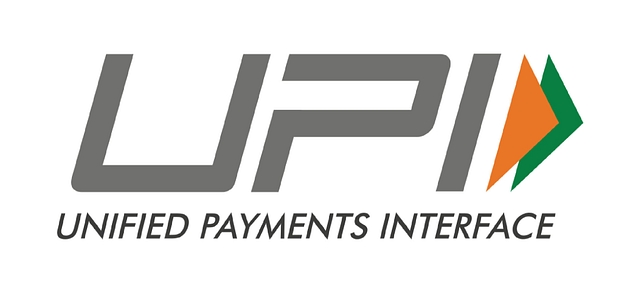
Enabling Digital Transaction Growth: Banks Ask Government To Spare Small Vendors From Paying UPI Charges
Indian banks have jointly proposed to the central government to designate small merchants and vendors as ‘peers’, thereby exempting them from paying merchant discount rate (MDR), reports Financial Express (FE).
MDR is a fee charged by banks from vendors to provide necessary digital payment infrastructure. According to the proposal, MDR will be waived off on only payments accepted through QR-based Unified Payments Interface (UPI). Presently, merchants pay 0.25 per cent of the total transaction value for transactions under Rs 1,000 and 0.65 per cent for the rest.
Though offline vendors readily accept cards and UPI for large transactions, they resist in doing so for small purchases due to MDR which eats into their wafer-thin margins. Thus, most of the retail sales, which are of low value in rural and semi-urban areas, involve cash.
Government Will Bear The Burden
In December 2017, in a bid to promote a cash-less economy, the government stated that it would bear MDR charges for payments of upto Rs 2,000 made through debit cards and UPI. This arrangement came into force on 1 January 2018 and is applicable for two years. However, in September 2018, Payments Council of India (PCI) raised concerns over non-receipt of reimbursements of MDR.
Thus, the new proposal, by entirely waiving off MDR for small UPI transactions, will eliminate such reimbursement challenges.
Also Read: India To Become Cashless Soon? NPCI Data Shows Monthly UPI Transactions Cross Rs 100,000 Crore